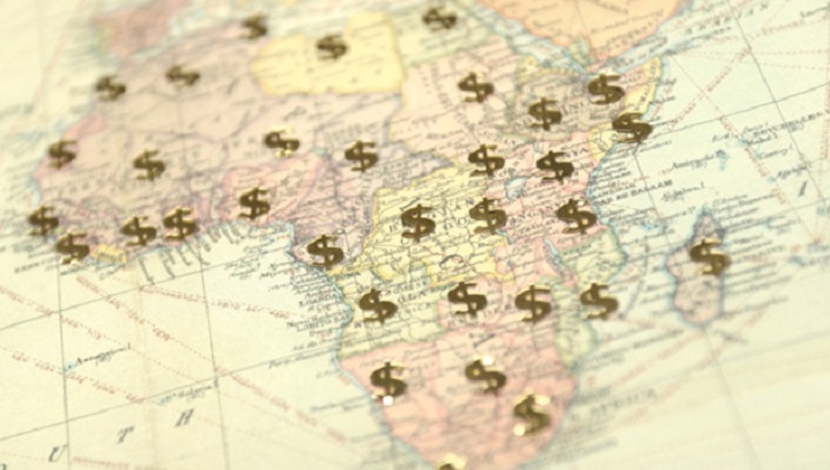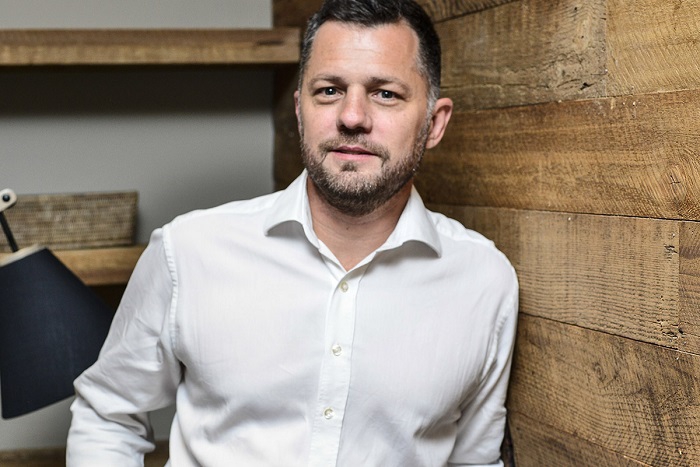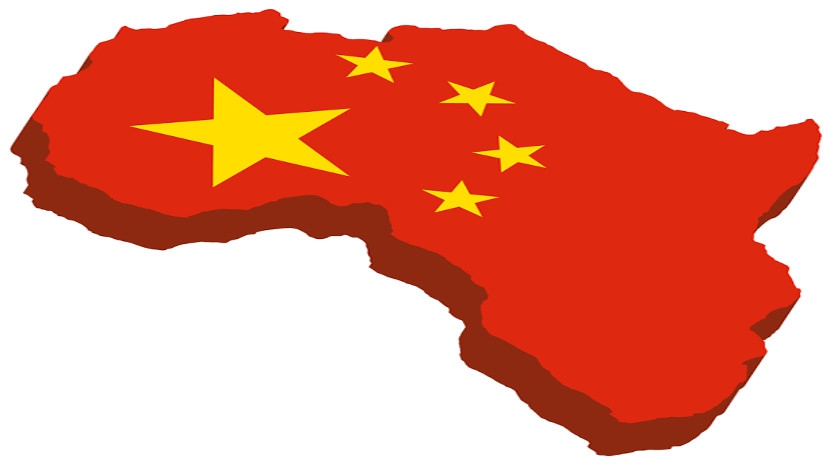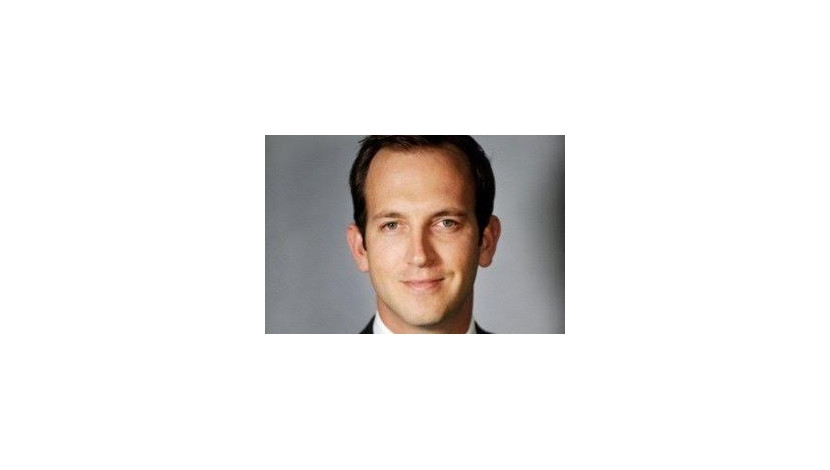

A University of Cape Town (UCT) Unilever Institute of Strategic Marketing initiative, the African Lions research project, has established that the sub-Saharan African middle class, around 100-million people, represents a R1.3-trillion/month market and is growing.
Carried out in collaboration with research specialists Ipsos, the project comprised desk research, qualitative research and quantitative research in ten major African cities, including Côte d’Ivoire’s Abidjan, Ghana’s Accra, Ethiopia’s Addis Ababa, Cameroon’s Douala, Tanzania’s Dar es Salaam, Nigeria’s Kano and Lagos, Kenya’s Nairobi, Angola’s Luanda,and Zambia’s Lusaka.
“Information about the middle class population in sub-Saharan Africa has been scant and as the South African economy flat lines, many companies realise expanding further north is essential to growth,” said Ipsos African Lions team head Nanzala Mwaura.
UCT Unilever Institute of Strategic Marketing head Paul Egan said the study took 18 months to complete and involved 150 researchers, thousands of interviews and yielded over 300 videos and 5 000 photographs.
We’ve looked at the size, the segments and the varying definitions of the middle class within each city and come out with insights around an understanding of living conditions, livelihood strategies, aspirations, media consumption, buying patterns and brand relationships,” continued Egan.
The middle class is generally accepted to apply to those who are not in poverty and have disposable income.
Job creation has not kept pace with urbanisation and population growth, resulting in only a third of the middle class having a full-time job. Thus, a key characteristic of middle class individuals across Africa is an entrepreneurial spirit.
Most of their businesses are operating in the informal sector, which is still dominant across the sub-Saharan region. It is also common for members of the middle class to diversify income streams by setting up multiple businesses. Further, a relatively high proportion of people in full-time jobs are also running businesses on the side.
Supporting this dynamic is the mobile phone – 77% of the middle class own a smartphone and 83% are accessing the Internet through their smart phones. The smart phone has become the tool of doing business and social media is an important way to promote small businesses and develop a network.
The cellphone is also becoming the platform on which to transact and manage finances. With more people also transacting and saving via their mobile devices, more people can develop a credit record.
“Although there is a lot of commonality, it is important to note that Africa is not a country, therefore it is important for marketers not assume that one size fits all,” said Egan.





